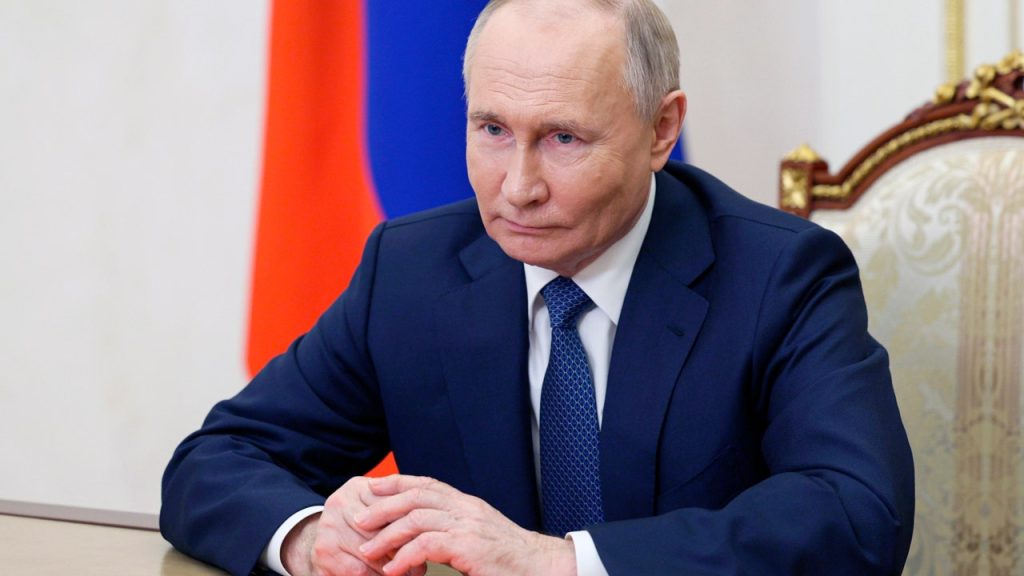Russian President Vladimir Putin recently signed a decree appointing a new government, including replacing the defense minister with a former deputy prime minister who is an economics expert with no military background. This move occurred after Putin’s inauguration for a new six-year term on May 7, when the government submitted its resignation in line with Russian law. Putin reappointed Mikhail Mishustin as prime minister three days later, which was quickly approved by the lower house of parliament.
On Sunday, Putin signed a decree moving Sergei Shoigu from his post as defense minister to head of the national security council. Putin also nominated deputy prime minister Andrei Belousov to take Shoigu’s place. Shoigu, who has been widely seen as a key figure in Putin’s decision to send Russian troops into Ukraine, faced criticism for his role in the conflict. The conflict in Ukraine led to the Russian army facing humiliating defeats, including a retreat from an attempt to take the capital, Kyiv, and a counteroffensive that drove Moscow’s forces out of the Kharkiv region.
In addition to these changes, Putin proposed names for some Cabinet members to return to their posts and prime minister Mishustin submitted names for several new ministers, which were all approved by the parliament. The new appointments include ministers for energy, sports, transport, industry, and agriculture. This reshuffle of the Cabinet indicates Putin’s willingness to make changes within the government in order to address various challenges faced by Russia.
It is worth noting that Shoigu was also shadowed by the arrest last month of deputy defense minister Timur Ivanov on charges of accepting huge bribes. This incident may have contributed to Putin’s decision to move Shoigu to a different position within the government. The new government is expected to bring fresh perspectives and expertise to addressing the issues facing Russia, especially in key sectors such as energy, sports, and agriculture.
Overall, Putin’s recent decree regarding the new government reflects a shift in leadership within the Russian government, with some key figures being replaced in order to address challenges faced by the country. The conflict in Ukraine and the arrest of a high-ranking defense official likely influenced Putin’s decision to reshuffle the Cabinet. The appointment of individuals with expertise in economics and other key sectors indicates a focus on addressing economic and social issues within Russia.
As Putin begins his new six-year term, it is important to closely monitor how these changes impact Russia’s domestic and foreign policies. The new ministers appointed by Putin will play a crucial role in shaping the country’s future trajectory, especially in light of ongoing conflicts and economic challenges. With the appointment of a new defense minister and other key officials, Putin’s government is poised to address these challenges head-on and steer Russia in a new direction.


